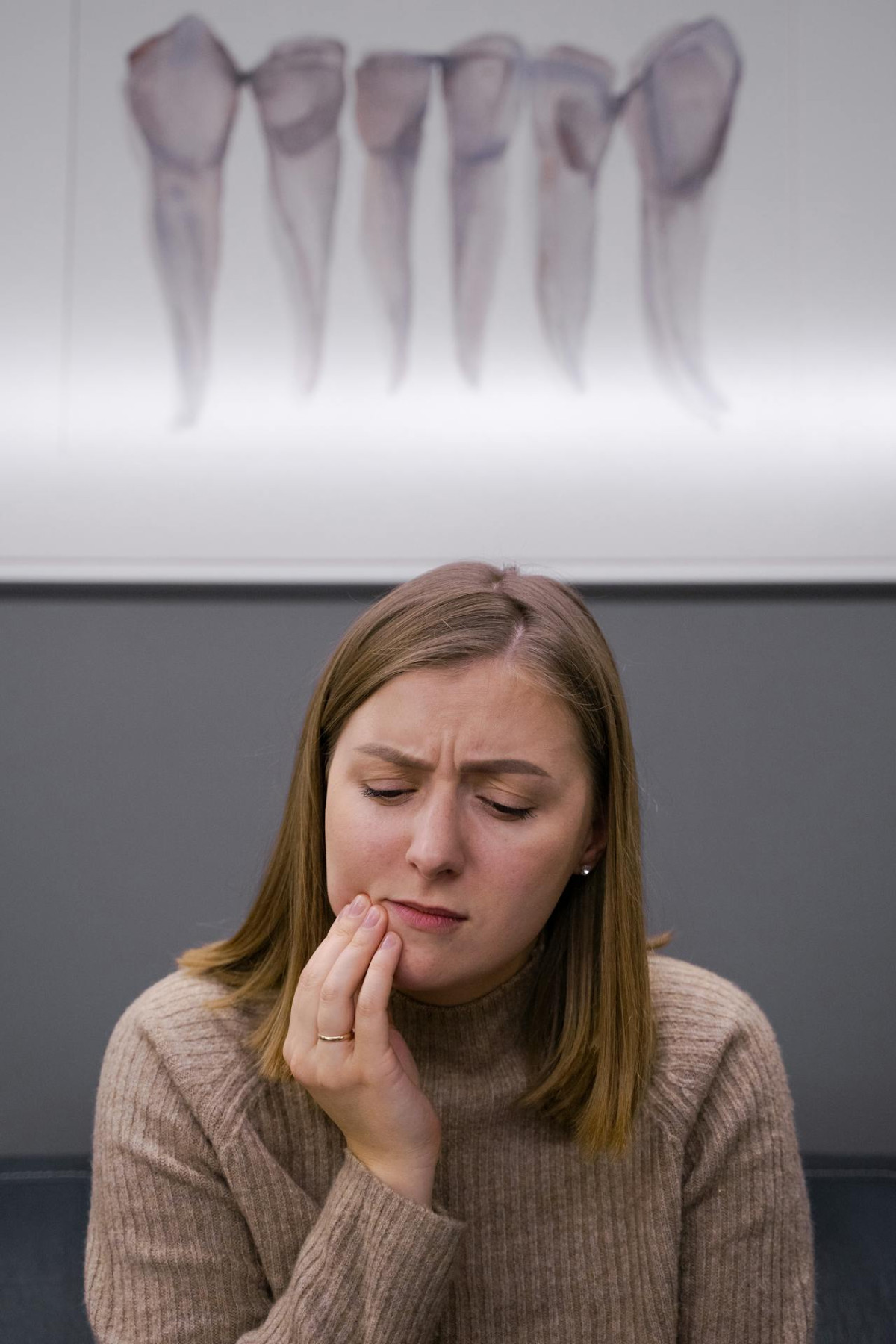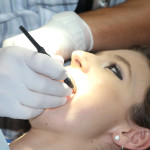Some avoid dentists completely because of anxiety and fear. But the good news is, with dentists that sedate, you can have a comfortable and stress-free dental experience. This method allows anxious patients to relax during their appointments. They can then maintain optimal oral health, regardless of previous negative experiences or phobias.
People choose sedation dentists for several reasons. Some people feel highly anxious or fearful about dental procedures, causing them to put off or skip appointments altogether. For others, the sights, smells, and sounds of a dental office cause significant discomfort. This leads them to dread every moment of a visit. Certain procedures, like tooth extractions or root canals, also cause many people to feel anxious. Using sedation helps reduce or eliminate their apprehension. If you’ve had negative dental experiences in the past, dentists that sedate can make all the difference for future procedures.
In addition, people with sensitive gag reflexes often benefit because sedation minimizes this often uncomfortable response. Ultimately, sedation dentistry offers a safe and supportive environment for anxious or fearful patients, allowing them to comfortably receive necessary dental treatments and maintain their oral health.
Understanding the Options
When we discuss “sedation dentistry”, we're actually talking about various methods dentists use to help their patients relax during their visits. This type of dentistry provides different levels of sedation, which is something important to consider when discussing sedation options with a new dentist. Choosing the type that’s best for you will depend on your medical history and personal preference.

Levels of Sedation Used in Dentistry
You’ll first want to determine how deeply you want to be sedated. Consider the reasons why you are choosing sedation dentistry in the first place. Are you avoiding the dentist because you fear needles? Is it the sounds of the equipment you are hoping to tune out? Do you experience severe dental anxiety, perhaps because of a bad experience you had as a child?
The American Dental Association states that “nearly half of all North Americans don’t go to the dentist.” The number one reason cited for avoiding dental visits is fear.
Regardless of your reason, talking with a sedation dentist can provide some peace of mind so you can relax during appointments. Dentists offer four basic levels of sedation. These include minimal sedation, moderate sedation, deep sedation, and general anesthesia.
Minimal Sedation
When undergoing this level of sedation, you are awake, yet feeling relaxed and perhaps even a bit removed from the experience. Think about how you might feel if you were a passenger in a car on a long road trip. Your mind may be elsewhere, or you’re enjoying the scenery, hardly noticing the time flying by.
Moderate Sedation
Moderate sedation, previously known as “conscious sedation”, is deeper than minimal sedation. It is not so deep that you are on the verge of losing consciousness, however. You may find that your words are a bit slurred. You may not recall much about your dental appointment. Time may even seem distorted, making hours seem more like minutes.
Deep Sedation
With deep sedation, you are very near to being unconscious. It’s important to know that you can still be awakened. In other words, you are not completely under as you would be with general anesthesia.
General Anesthesia
General anesthesia renders you completely unconscious for the procedure, and you cannot be awakened easily until the effects of the anesthesia have either been reversed with medication or begun to naturally wear off. General anesthesia may be necessary when treating patients with special needs or children, especially if other levels have been ineffective.
Types of Sedation
Your sedation dentist will help determine what level and type of sedation will meet your individual needs. Understanding the basics of each type and knowing which questions to ask can benefit you in the long run.
Nitrous Oxide
Have you ever heard someone refer to a dental procedure as “getting gas”? They were probably referring to “laughing gas,” which is a mild sedative given through a mask. This type of sedation is safe for just about everyone, although women in their first trimester of pregnancy should avoid it. Nitrous oxide is a good choice for dental anxiety as it offers several advantages for nervous patients.
These advantages include:
- Quick acting.
- Wears off quickly.
- Has minimal (if any) side effects.
- Does not typically trigger any allergic reaction.
Ask the dentist if they provide nitrous oxide along with oral sedatives, as many dental offices do.
Oral Sedation
For this type of sedation, your dentist gives you medication about an hour before they plan to start the actual procedure. Oral sedatives used for this type of conscious sedation fall under the benzodiazepine classification of drugs. Depending on your dentist and the medication they prescribe, you may feel drowsy but awake. Some people even become groggy enough during the appointment to actually fall asleep, but they are easily woken up. Oral sedation also can produce a bit of amnesia, allowing you to block out the sounds and visuals of the procedures and creating a positive memory of the event.
Because the effects of oral sedatives linger for hours, it is imperative to arrange for a responsible adult to drive you to and from your dental appointment and stay with you. This is especially critical for young children receiving sedation.
Intravenous (IV) Sedation
With IV sedation, dentists deliver sedative medications intravenously through a small needle, allowing you to quickly feel its effects. This type of sedation also allows for rapid adjustment throughout a dental procedure based on your individual needs. Just like oral sedation, most people do not recall the appointment very well, which is one reason patients request this method of relaxation. Because the medications cause lingering effects, you’ll want to arrange for transportation to and from your appointment.
Factors To Consider When Choosing A Sedation Dentist
It’s crucial to select dentists that sedate properly for the health and well-being of patients, especially for more invasive dental work or oral surgery. Start by compiling a list of potential dentists in your local area, and asking family and friends for recommendations. If your insurance company offers dental insurance through a dental plan you might be limited to those who accept your insurance if keeping costs lower is important.

Online reviews can reveal if any complaints have been filed about improper sedation administration. You can also see if patients had negative experiences and are choosing to share about them online. You’ll want to pay close attention to the quality of care and professionalism that’s emphasized at a prospective dentist’s practice. When checking credentials see if you can determine if they specialize in sedation dentistry or if they work with a licensed anesthesiologist if deeper sedation methods will be required for your procedures. Asking these questions upfront will provide you with a solid understanding of what to expect, and what options may be available for an upcoming procedure.
FAQs about dentists that sedate
FAQ 1: Can any dentist sedate you?
The level of sedation a dentist can provide will vary. Some general dentists can provide minimal sedation services. You may need a specialist who focuses on sedation dentistry if deeper sedation, like IV sedation, will be required. If your needs extend beyond what they typically offer, they might also recommend another practice or will work closely with an anesthesiologist for more involved procedures.
FAQ 2: Is it possible to choose to be sedated at the dentist?
While a dentist makes the final call on whether you qualify for a specific type of sedation or not, in most cases you can, in fact, choose to have dental sedation for procedures big and small. Just let the office staff and your dentist know up front that you're interested in learning more about these services. Discuss the details of your concerns, anxiety, or fears.
FAQ 3: How much does it cost to get your teeth sedated?
It varies. The cost of sedation dentistry will depend on factors such as:
- The kind of sedation used (nitrous oxide will be the least expensive in most cases).
- Geographic location.
- How complicated the procedure is.
- The amount of time you’re sedated for.
- As well as your particular dental insurance (or lack thereof).
Consider speaking with the office staff to discuss options like payment plans, discounts, or in-office dental plans if finances are a concern and you do not have dental insurance through your medical plan. Keep in mind that paying your bill over time might be a great option for some patients. Some dentist offices also partner with third-party healthcare credit card companies. However, for most patients, dental sedation will be viewed as an investment in a lifetime of better oral hygiene and fewer extensive procedures in the long run.
FAQ 4: What is the best dental sedation?
Because each person’s needs, medical history, and level of anxiety are different, determining the best dental sedation should involve a thoughtful and collaborative discussion with the dentist. Factors such as existing health conditions, current medications, and whether you have dental insurance coverage could play a role in the decision-making process.
Conclusion
You don’t have to put off those much-needed dental appointments because of nervousness. Whether you're preparing for a major procedure or just want to feel more relaxed during a routine cleaning, dentists that sedate provide patients with a more relaxed and pleasant experience. And, you might even discover a newfound confidence in taking control of your oral health without unnecessary worry or anxiety. If you are one of the millions of Americans who have been avoiding dental visits because of a phobia or fear of pain, give yourself permission to ask these questions at your next dental appointment. You deserve it.





